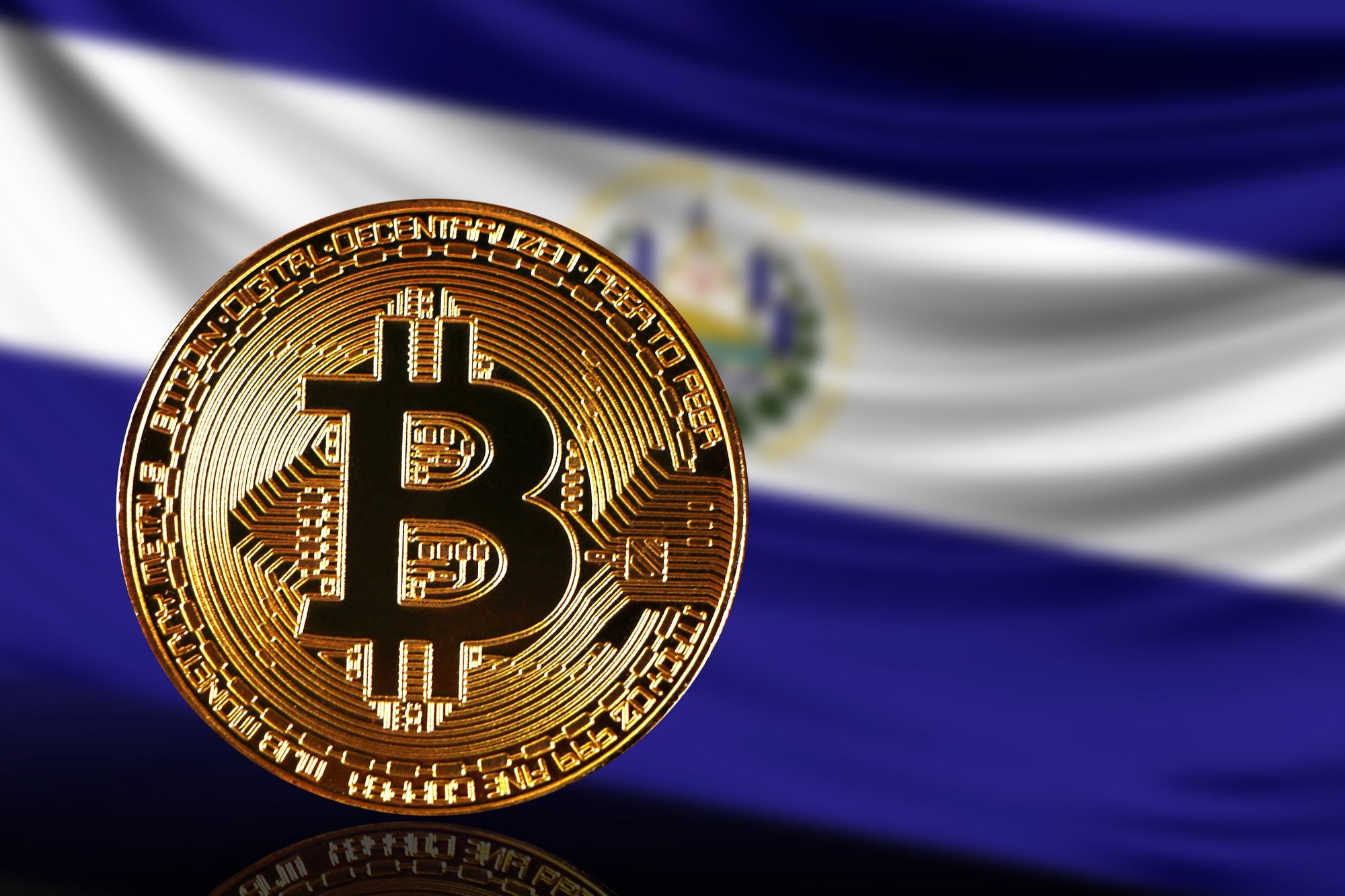El Salvador Deepens Bitcoin Integration with New Training Initiatives
22.08.2024 15:00 1 min. read Alexander Stefanov
El Salvador continues to prioritize Bitcoin under President Nayib Bukele's leadership. The government plans to train 80,000 public employees in Bitcoin, aiming to embed the cryptocurrency more deeply into the nation’s economy.
This initiative is being led by the National Bitcoin Office (ONBTC), which has announced a new certification program covering everything from Bitcoin basics to legal aspects.
Public schools will also receive Bitcoin education through programs like Mi Primer Bitcoin and Node Nation, signaling a broader push for crypto literacy across the country.
Stacy Herbert, director of ONBTC, believes that educating government workers will have lasting positive effects on El Salvador’s economic landscape. More educational initiatives are expected as the government strengthens its Bitcoin policies.
Despite international criticism, including concerns from the IMF, El Salvador’s government remains committed to its Bitcoin strategy. While the adoption has been gradual, with some businesses and individuals hesitant to fully embrace Bitcoin, the country has significantly ramped up its Bitcoin mining activities.
Currently, El Salvador holds approximately 5,750 Bitcoins, valued at over $375 million, benefiting from the recent approval of Bitcoin ETFs in the U.S. Although challenges remain, the government’s bet on Bitcoin is starting to yield financial gains.
-
1
Bitcoin: What to Expect After Hitting a New All-time High
10.07.2025 14:00 2 min. read -
2
Peter Brandt Issues Cautious Bitcoin Warning Despite Bullish Positioning
10.07.2025 20:00 2 min. read -
3
Standard Chartered Becomes First Global Bank to Launch Bitcoin and Ethereum Spot Trading
15.07.2025 11:00 1 min. read -
4
Vanguard Now Owns 8% of Michael Saylor’s Strategy, Despite Calling BTC ‘Worthless’
15.07.2025 17:09 2 min. read -
5
Bitcoin Reaches New All-Time High Above $116,000
11.07.2025 7:56 1 min. read
Ethereum Flashes Golden Cross Against Bitcoin: Will History Repeat?
Ethereum (ETH) has just triggered a golden cross against Bitcoin (BTC)—a technical pattern that has historically preceded massive altcoin rallies.
Bitcoin Banana Chart Gains Traction as Peter Brandt Revisits Parabolic Trend
Veteran trader Peter Brandt has reignited discussion around Bitcoin’s long-term parabolic trajectory by sharing an updated version of what he now calls the “Bitcoin Banana.”
Global Money Flow Rising: Bitcoin Price Mirrors Every Move
Bitcoin is once again mirroring global liquidity trends—and that could have major implications in the days ahead.
What is The Market Mood Right Now? A Look at Crypto Sentiment And Signals
The crypto market is showing signs of cautious optimism. While prices remain elevated, sentiment indicators and trading activity suggest investors are stepping back to reassess risks rather than diving in further.
-
1
Bitcoin: What to Expect After Hitting a New All-time High
10.07.2025 14:00 2 min. read -
2
Peter Brandt Issues Cautious Bitcoin Warning Despite Bullish Positioning
10.07.2025 20:00 2 min. read -
3
Standard Chartered Becomes First Global Bank to Launch Bitcoin and Ethereum Spot Trading
15.07.2025 11:00 1 min. read -
4
Vanguard Now Owns 8% of Michael Saylor’s Strategy, Despite Calling BTC ‘Worthless’
15.07.2025 17:09 2 min. read -
5
Bitcoin Reaches New All-Time High Above $116,000
11.07.2025 7:56 1 min. read


